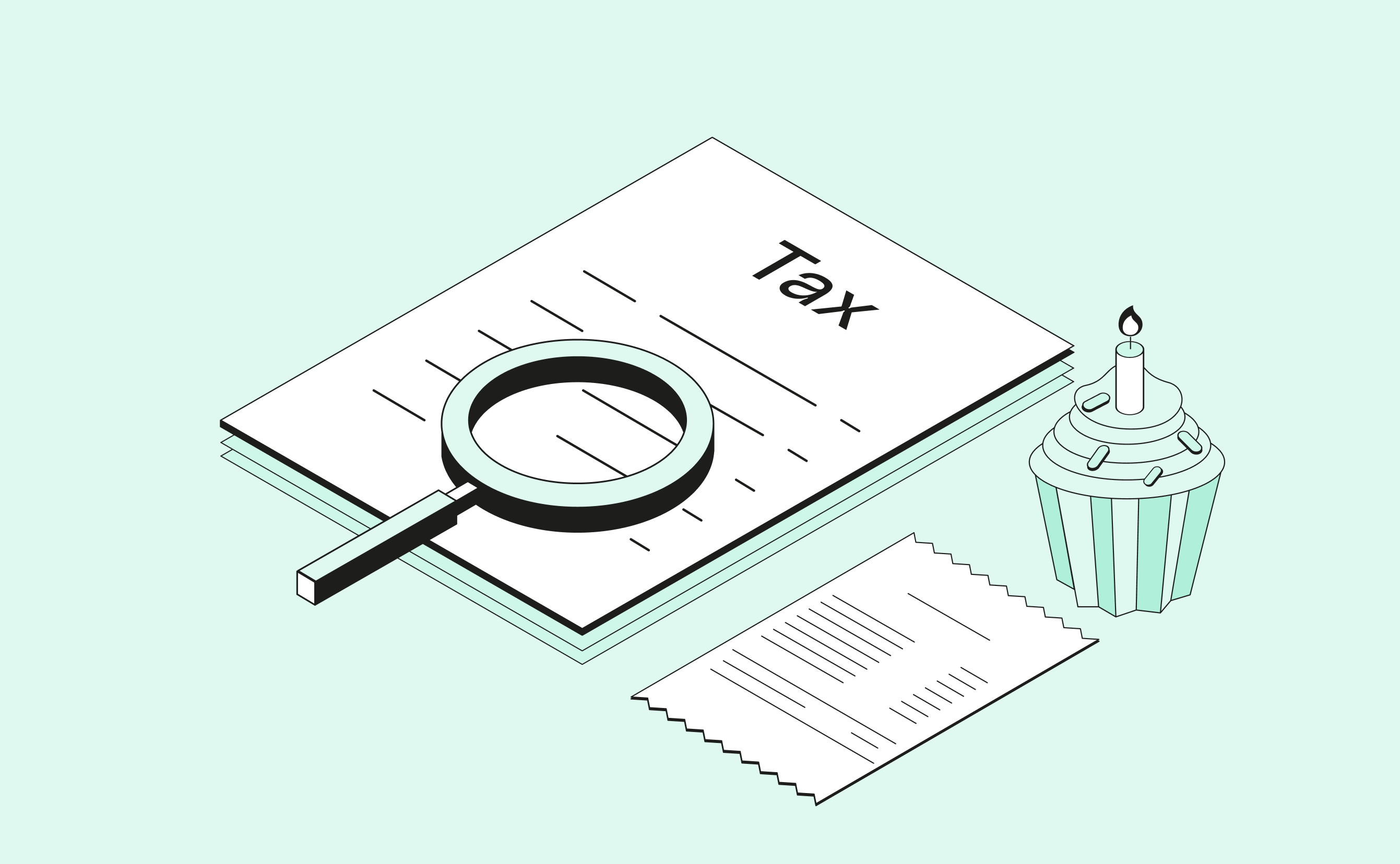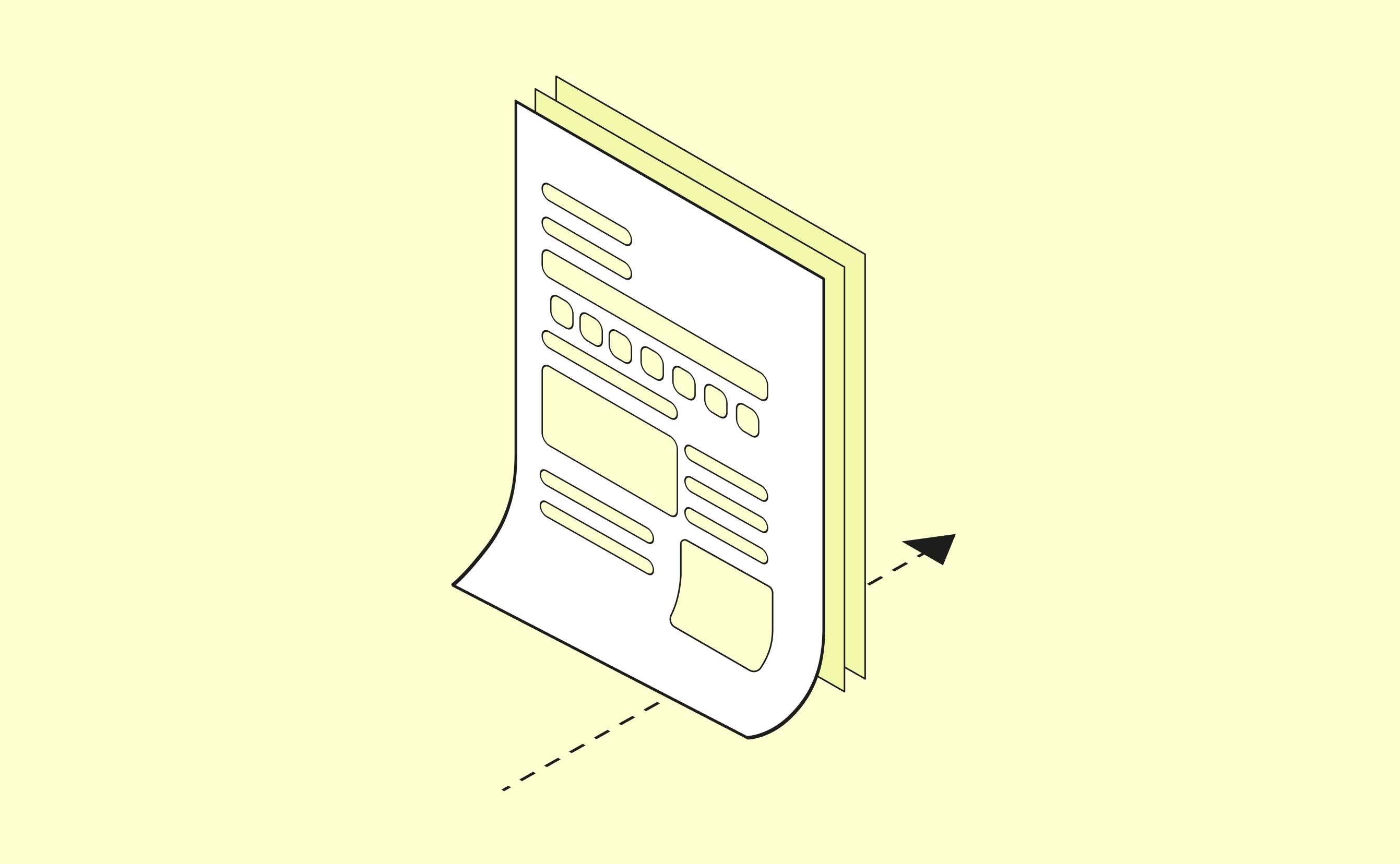A company car is a great perk in a new job. It gives you as the employee freedom to use for yourself and your family on weekends and personal trips.
How to tax your company car: tax rules you should know

Understanding company car taxation
Determining the tax you pay on the company car will depend on how much you use it in your personal time and what tax bracket you fit into.
Tax on company-provided fuel
In addition to the general tax on the company car, tax is also applicable to the fuel you are using in the car.
Read more: How to Submit a Tax Return in Germany
Company car tax for hybrids
What you pay for your company car tax is heavily influenced by the company car’s CO2 emissions. In a bid to populate the roads with 100% electric cars by 2035, the UK government has increased taxes on fuel combustion engines. This has inspired companies to encourage employees to choose electric or hybrid cars when selecting a company car.
Plug-in hybrid vs self-charging tax rates
Other factors influencing your company car tax
The following factors play a role in calculating your company car tax:
- The current tax year
- Vehicle’s approved CO2 emissions (hybrid, fuel combustion, electric)
- Cash alternative (if the BiK can be given in the form of a cash benefit)
- P11D value (car list price including VAT and delivery charges)
- Employee capital contributions (any payments you make on the car and related accessories)
- Fuel type (diesel, petrol, gas)
- Registration date
Company car tax changes 2022/2023
From 6 April 2022, changes have been implemented to the BiK which affect the company car tax. These changes are based on the WLTP (World Harmonised Light vehicle Test Procedure).
WLTP vs NEDC
Under the changes, two sets of BiK rates are now in place. Cars registered prior to 6 April 2022 will be assessed under the older NEDC rates and ones registered after will be under the WLTP.
How can I reduce my tax bill
A fuel efficient, hybrid, or electric car will be taxed the least due to the recent fuel efficiency and low CO2 emissions efforts. You can also reduce the company car tax by considering the size, age, and frequency of use. If you rely on a commute to work with public transportation and avoid using the company car on weekends you will have a much reduced annual tax bill.
Let’s be honest: Taxes in Germany isn’t the easiest or most fun topic. Recent changes to the fuel emissions tax have affected BiK company car allowances, making the taxation process even more complicated.
- Company car taxation falls under BiK (Benefit in Kind) rules
- Taxpayers pay 20% of a quarter of the car’s value
- Tax on fuel is determined by what kind of fuel the car uses
- Due to a push to eliminate pollutant cars on the road, the UK is enforcing a taxation rule that provides lower tax fees for hybrid and electric company cars
- Plug-in hybrid cars are taxed lower than self-charging
- April 6 2022 saw changes to the way car emissions are assessed, now falling under the WLTP instead of the NEDC, which has significant impact on company car taxation






